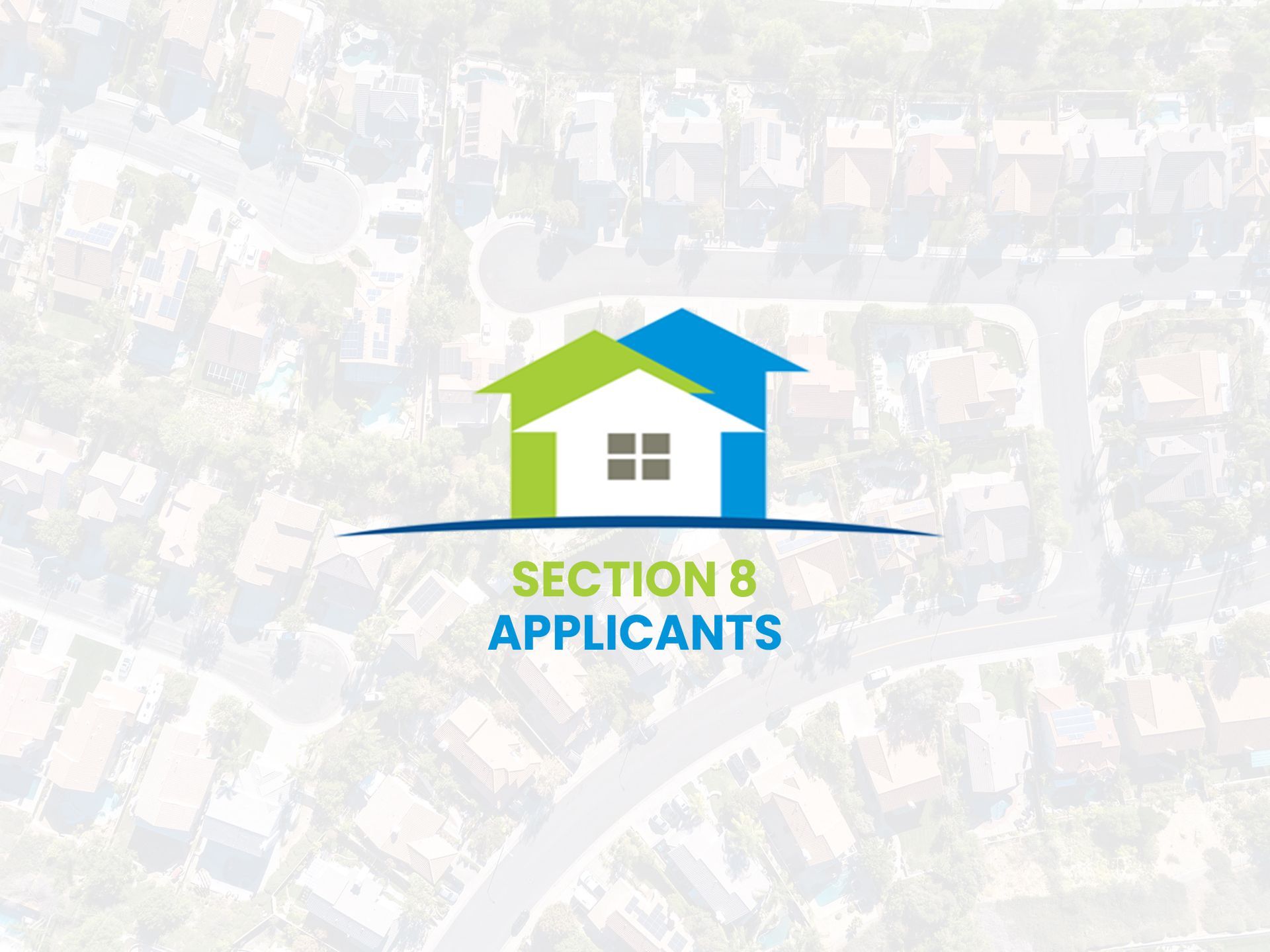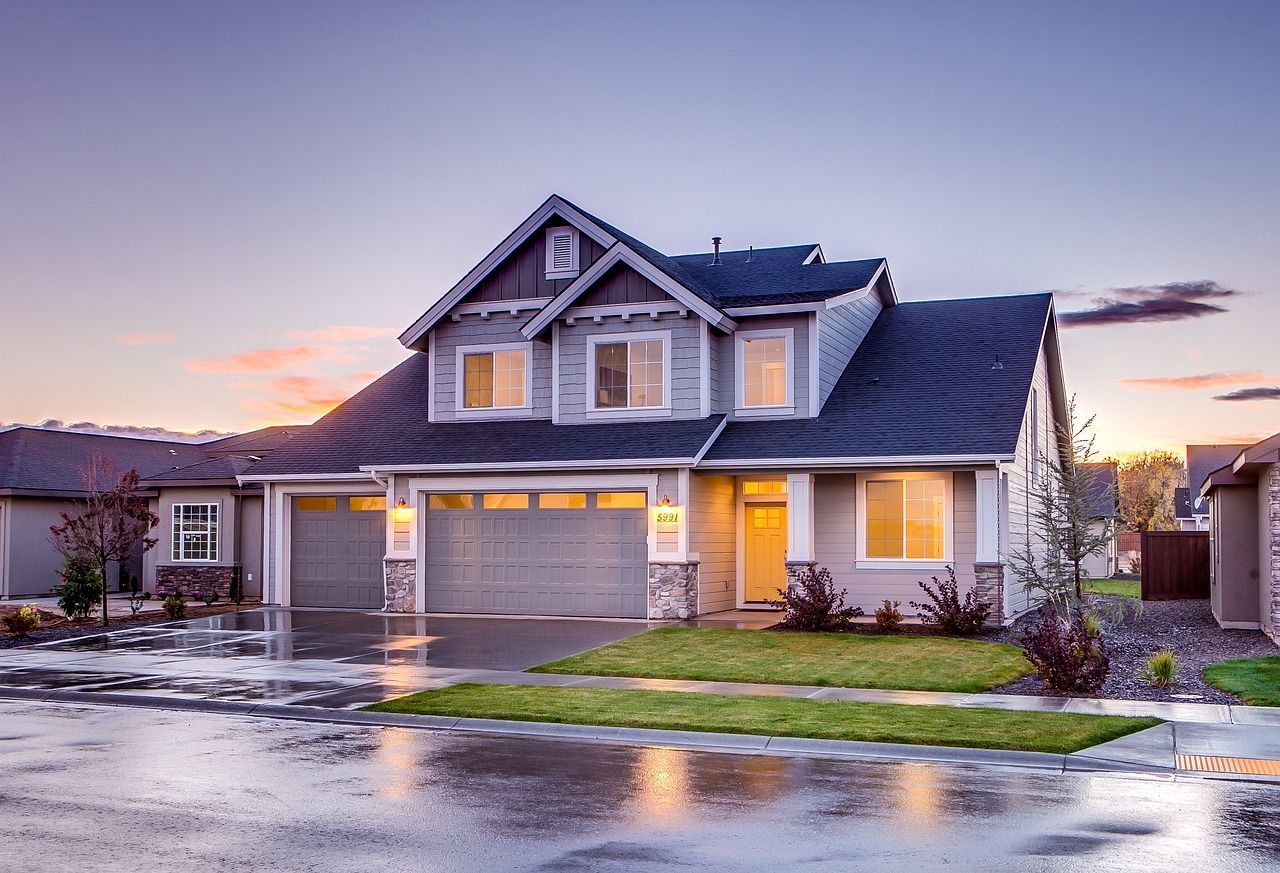Happy tenants mean a steady rental income and more lease renewals. Not to mention, the happier your tenants are, the easier it is to grow your rental property business. After all, a solid reputation helps a lot.
That said, keeping tenants satisfied can be challenging. Every other landlord in the area is vying for the same high-quality tenants
as you. And when tenants catch on that there are similar properties offering a lot more than you, you’re bound to run into some complaints.
That’s why so many Sacramento landlords consider making renovations to their investment properties.
Renovating your rental property can dip into your profits and hurt your ROI – initially. But in the long run, making renovations can actually lower tenant complaints, lead to more lease renewals, and help you raise the rent. This means eventually you’ll end up with a higher ROI than ever before and beat out the nearby competition.
If this sounds like something you want to do, check out the best renovations you can do to your rental property to lower tenant complaints.
RENTAL PROPERTY RENOVATIONS TO LOWER TENANT COMPLAINTS
1. Replace the FlooringCarpets can quickly turn into a Sacramento landlord’s worst nightmare. Many tenants don’t like them, they’re hard to care for, and replacing them on a regular basis can become expensive. Not to mention, poor quality carpeting has the potential to drag down your property’s value.
Luckily, there are plenty of alternative flooring options including:
- Tile:
tile is one of the most versatile flooring options you can have in your rental. It’s tough to stain and comes in a variety of styles and colors. Plus, it’s perfect for the humid conditions Sacramento is known for.
- Hardwood:
hardwood in another great option for your investment property. It’s beautiful, easy to clean, and can act as a natural insulator during any season. Plus, once hardwood wears down, you can sand and re-stain it instead of replacing it.
- Laminate:
laminate is an inexpensive flooring option that looks and feels like hardwood. You might be able to install yourself since the planks are easy to place.
- Vinyl:
vinyl works well in highly trafficked areas that need water resistance. For instance, many properties use vinyl in bathrooms and kitchens. Though not always the most stylish choice, you can use vinyl planks to make your floor look like wood, tile, or stone.
If you really want to impress your current tenants and are looking for a way to increase the value of your rental property, start with the floors.
2. Beautify The Kitchen and Bathrooms
Your tenants are likely to spend a lot of their time in your property’s kitchen and bathrooms. And no one wants an outdated kitchen
with old appliances or a bathroom that looks like it has never had any TLC.
In general, kitchen and bathroom renovations give you about an 80% return on investment.
This is higher than most other renovations, including decking (75%), family room additions (78%), and master suite upgrades (74%) to name a few.
No matter how big or small the upgrades are in your property’s kitchen or bathroom, trust that your tenants will love it. If you need some inspiration, here are some ideas to get you started:
- Kitchen appliances such as the refrigerator, stove/oven, dishwasher, and microwave
- Fresh coats of paint in light and airy colors that are inviting
- Hardware changes in the bathroom: door knob, cabinets, faucets, and even the shower door
- Counter space resurfacing or replacements
- Kitchen backsplash
- New sink and disposal in kitchen
- Shower/tub replacement
- New lighting fixtures
If anything, the next time your rental property goes vacant (and it will), having a freshly remodeled kitchen and/or bathroom will attract high-quality tenants willing to pay for the amenities you’ve added.
3. Minor Landscaping and Exterior Finishes
Any property manager in Sacramento
will tell you that the exterior of your rental property is crucial for making a good first impression. But more than that, tenants already living in your rental will want to give visitors a great impression too.
That’s why renovating the yards and exterior of your property is such a good idea.
To start, handle the basics like mowing and edging the grass, trimming the brushes, and cleaning the rain gutters. It’s also a good idea to look at remodeling or fixing up the:
- Walkways
- Decking
- Patio cover
- Windows and sills
- Doors and hardware
- Trees and flowers
- Outside storage
- Roofing
If you can make the front exterior of your rental look inviting, your tenants will like it. If you can make the backyard an oasis tenants can enjoy with friends and family, they’ll love it.
4. Upgrade All Appliances
We mentioned earlier that changing out old kitchen appliances and putting in new ones is a great way to satisfy your tenants. But don’t forget about the other major appliances too.
For example, look into getting an energy efficient washer and dryer or replacing the outdated HVAC system (complete with temperature controls). You might even try throwing in a free TV for an added wow factor. The newer and better your rental property appliances are, the happier your tenants will be. You’ll also find yourself receiving less complaints because new appliances don’t break down like old ones do.
5. Extra Storage Space
One of the most sought after rental property amenities is extra storage space. That said, not a lot of tenants are likely to turn down a great rental just because it doesn’t have a walk-in closet.
That’s why if you’re looking for a way to reduce the grumblings your tenant have about not having anywhere to put their stuff, adding in extra storage space is a great place to start.
You might consider adding an extra closet or installing shelves in an existing closet. The same can be done to your property’s garage. After all people have camping gear, holiday decorations, and other items that need a place to stay. And don’t forget about renovating the bathrooms with more storage space or extending the hall closet.
Giving people a way to store their personal belongings without feeling cramped will make them feel more at home in your rental. And if your tenants feel at home, they’ll want to stay there long-term.
Are you interested in finding out how to maximize your rental income? Check out Tiner Property Management and see how making renovations to your investment property using your rental income is likely to affect your rent rates.
THINGS TO CONSIDER BEFORE RENOVATING YOUR RENTAL PROPERTY
When it comes to rental property renovations, it’s important you make sure the money being invested is worth it.
To help you decide, Brick Underground has some possible answers to your tenant’s question: Can you renovate X, Y, or Z in this rental property?
- Yes, and I will pay.
If your tenant complains about something that clearly needs renovating, you might be willing to pay to get it done. After all, you can make many low cost renovations to your rental that will improve your tenant’s life. Examples of this include replacement weather-stripping, new toilet seats, or a fresh coat of paint.
- Yes, but your rent will increase.
Some things that need renovating will also increase the value of your rental property. Plus, they might be nice to have, but aren’t actually necessary. If this is the case, you can agree to pay, but remind the tenant their rent will increase. Examples of this include: bathroom vanities, high-end kitchen appliances, and ceiling fans.
- You pay for it.
Some things your tenants are complaining about are not worth the time or effort to pay for and install. But that doesn’t mean you can’t give them approval to make the changes themselves. This might include things like window treatments, room dividers, or extra electrical outlets.
- No way.
There might come a time when your tenants want a renovation that isn’t in your best interest and you have to say no. This might be a request to have a waterbed or a custom paint job in dark colors.
- You pay for it and avoid the rent increase.
Tenants with complaints often worry about asking for a renovation because they’re afraid the rent will increase. One way around this is to have your tenants pay for the renovation and then discount their monthly rent. This is your way of paying them back and getting them to do all the work too.
In the end, renovating your rental property is not something to take lightly. The ROI on your renovations has to be worth it for them to make sense.
Luckily, at Tiner Property Management, we understand the market well enough to know which renovations are worth the money, and which aren’t. After all, the point of buying a rental property is to make money and encourage good tenants to renew each year.
If a renovation will help you generate a higher profit and satisfy your tenants, we’re going to advise you to move forward with your ideas. From there, we’ll help you manage your property so you don’t have to worry about a thing.
So,
contact us today
and ask us what we think about your potential renovations. We’re here to help you in every way possible so both you and your tenants have zero complaints.
















